“The Lost City,” discovered by Hiram Bingham in 1911 is one of the greatest megalithic marvels on the planet to behold. Surrounded by a backdrop of jagged mountain tops and lush green jungles, Machu Picchu translates as “Ancient Mountain.”
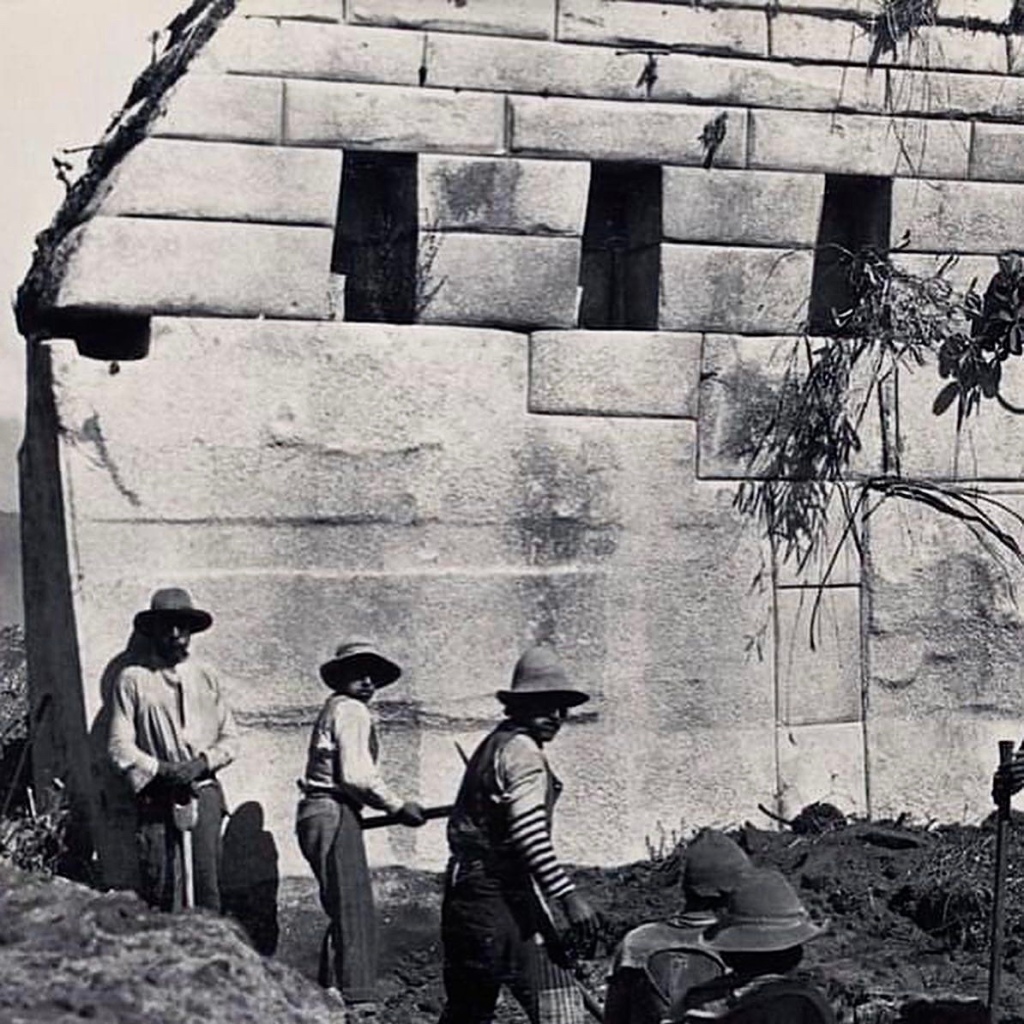
In the following photographs, follow the red arrows to see the precision white granite megalithic core of Machu Picchu. This megalithic core stands out in stark contrast to the small-rough stone construction that is built on top of and around it, which makes up approximately ninety percent of this site. Why are there two distinctly different architectural styles seen here?

Mainstream archaeology teaches that Machu Picchu was originally constructed by the amazing Inca empire around 1450 A.D. Bronze chisels and hammers are the only tools found in the archaeological record that the Inca are known to have used.
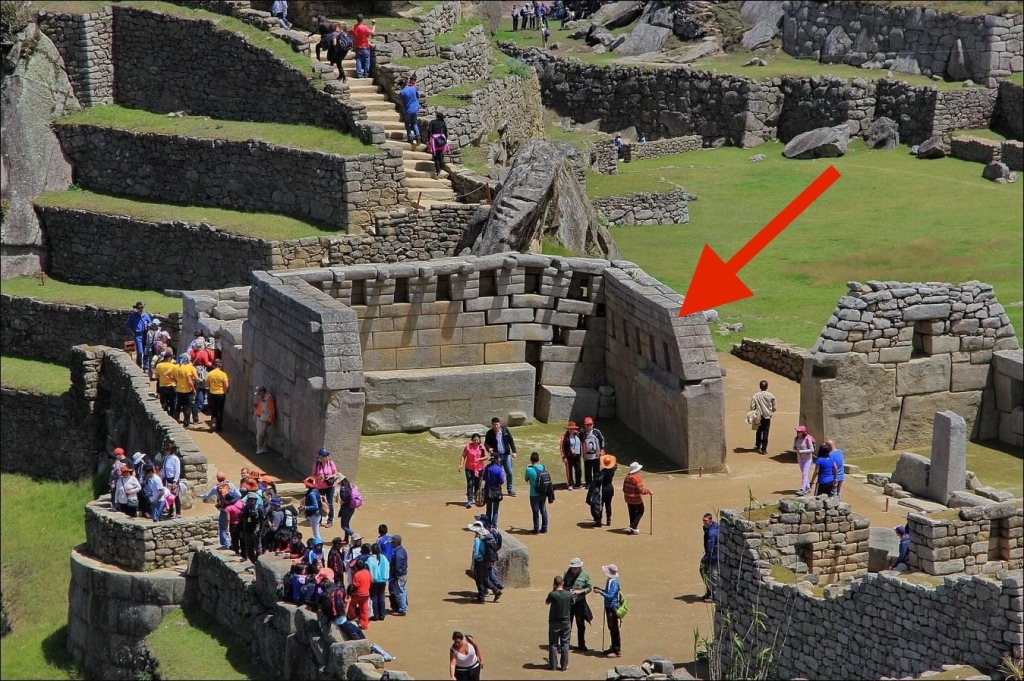
On the “Mohs Scale of Hardness,” bronze ranks about a three, yet the granite stone at Machu Picchu is much harder ranking between six and seven on the same scale. How would the Inca have been able to precision craft this stone with softer tools?

If the Inca did engineer the megalithic core, then why didn’t they construct the rest of the site out of this much stronger and superior method?
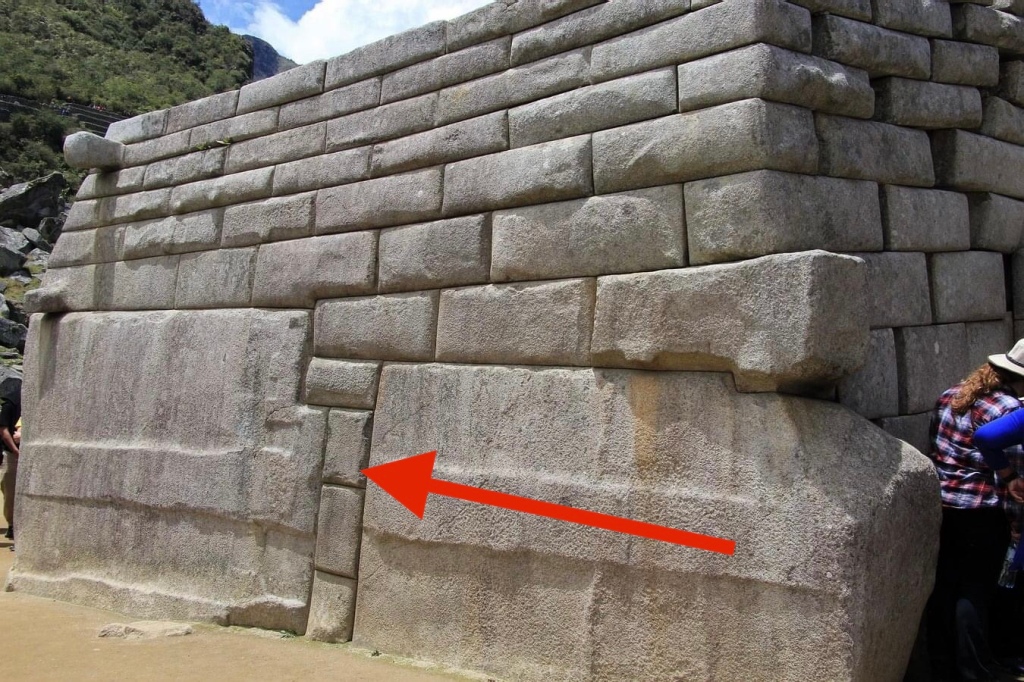
The five hundred and fifty plus year old Inca walls, terraces and dwellings made of the small rough stone method are beautiful and amazing engineering achievements in their own right, and they are what the majority of tourists pay attention to, yet this precision white granite mortarless architecture is far superior in quality and durability .
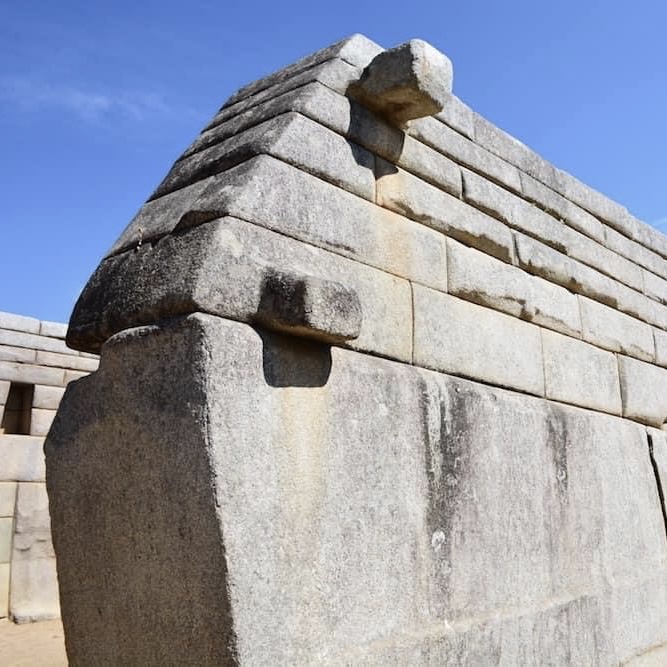
Did the Inca find these megalithic foundations, and build on top of and around them with their rough stone methods? Does this megalithic core predate the small rough stone construction method?
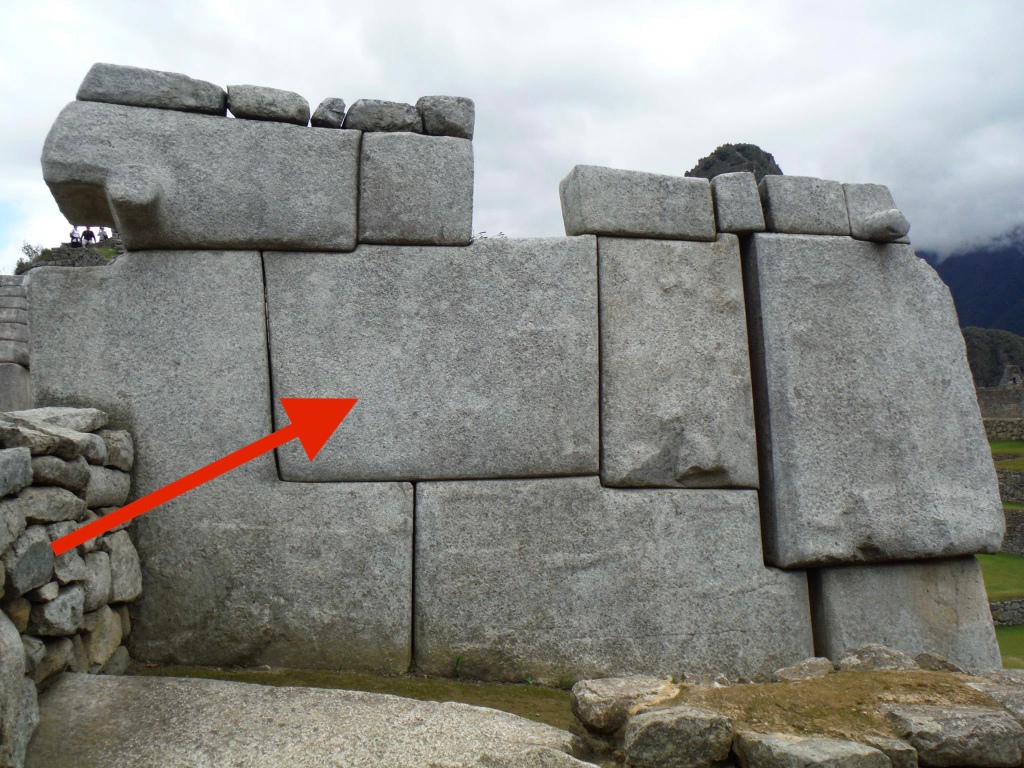
“The Secret Chamber” located beneath what the Inca called the “Temple of the Sun,” is sealed off from public access. However, it is clear to see that it features mortarless joinery made of white granite (see below).
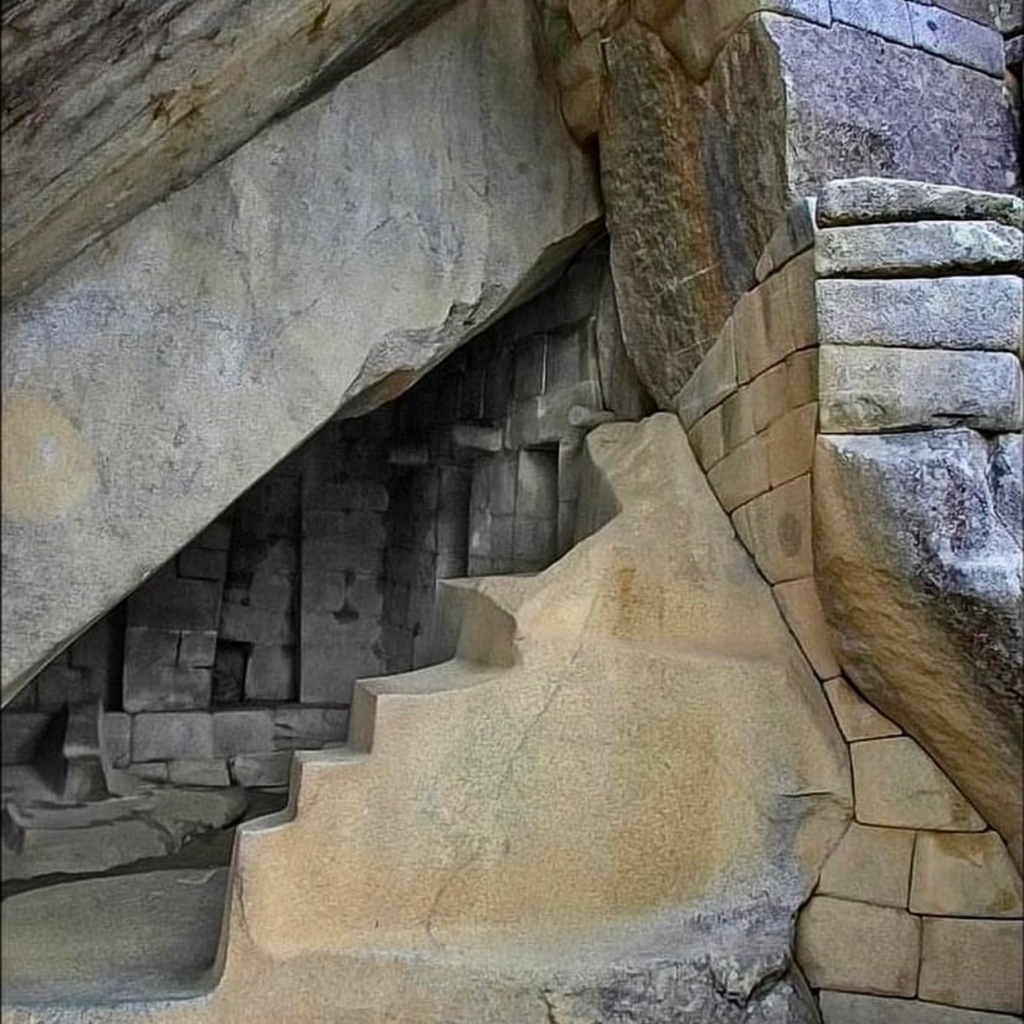
Did you know that elongated skulls were un-earthed here as well?

